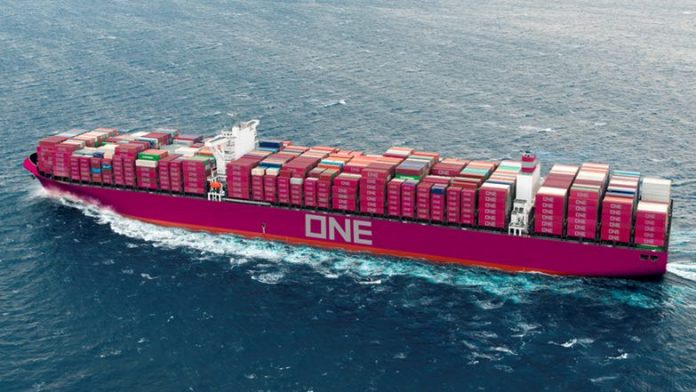Prime Minister Theresa May’s cabinet was yesterday told that the UK will draw up plans to charter ships should it end up being a “no-deal” Brexit next March.
According to a report by the Financial Times, the cabinet greeted the news with disbelief after they were told the Dover-Calais route could cause huge blockages for crucial food and medical supplies if new customs controls on the French side are enforced.
In order to avoid waylaying those supplies at the “pinch point”, government officials said they were now looking at chartering ships to use less-congested sea routes.
Witnesses to the meeting told the Financial Times that the idea of shortages in food and medicine supplies resulted in “an almighty row” within the cabinet.
May also announced that there would be a weekly cabinet discussion on preparations for Brexit, and that it was the government’s priority “to secure a deal”.
Cabinet office minister David Lidington reportedly briefed the cabinet that under a no-deal Brexit, the Dover-Calais route could be running at only 12-25 per cent of its normal capacity for up to six months.
Meanwhile, transport secretary Chris Grayling has reportedly discussed with government colleagues the possibility of chartering ships, or space in ships, to bring supplies into other British ports, thus avoiding the Dover-Calais bottleneck.
The Department for Transport said: “We remain confident of reaching an agreement with the EU, but it is only sensible for government and industry to prepare for a range of scenarios.
“We are continuing to work closely with a range of partners on contingency plans to ensure that trade can continue to move as freely as possible between the UK and Europe.”
Back in July the British Retail Consortium (BRC) warned of “the very real danger” for food supply chains under Brexit.
In light of the government’s white paper announcement on legislation for the Withdrawal Agreement between the UK and the EU, BRC chief executive Helen Dickinson said: “As the countdown to the 29 March 2019 continues, it is imperative that there is now further clarity on how a backstop arrangement would work for the free movement of goods at the Irish border.
“Without a backstop being agreed there can be no withdrawal agreement and no transition, leaving a very real danger of a no-deal Brexit scenario which would have dire consequences for the UK’s fragile food supply chains and risks UK consumers paying considerably more for everyday items imported from the EU.”








